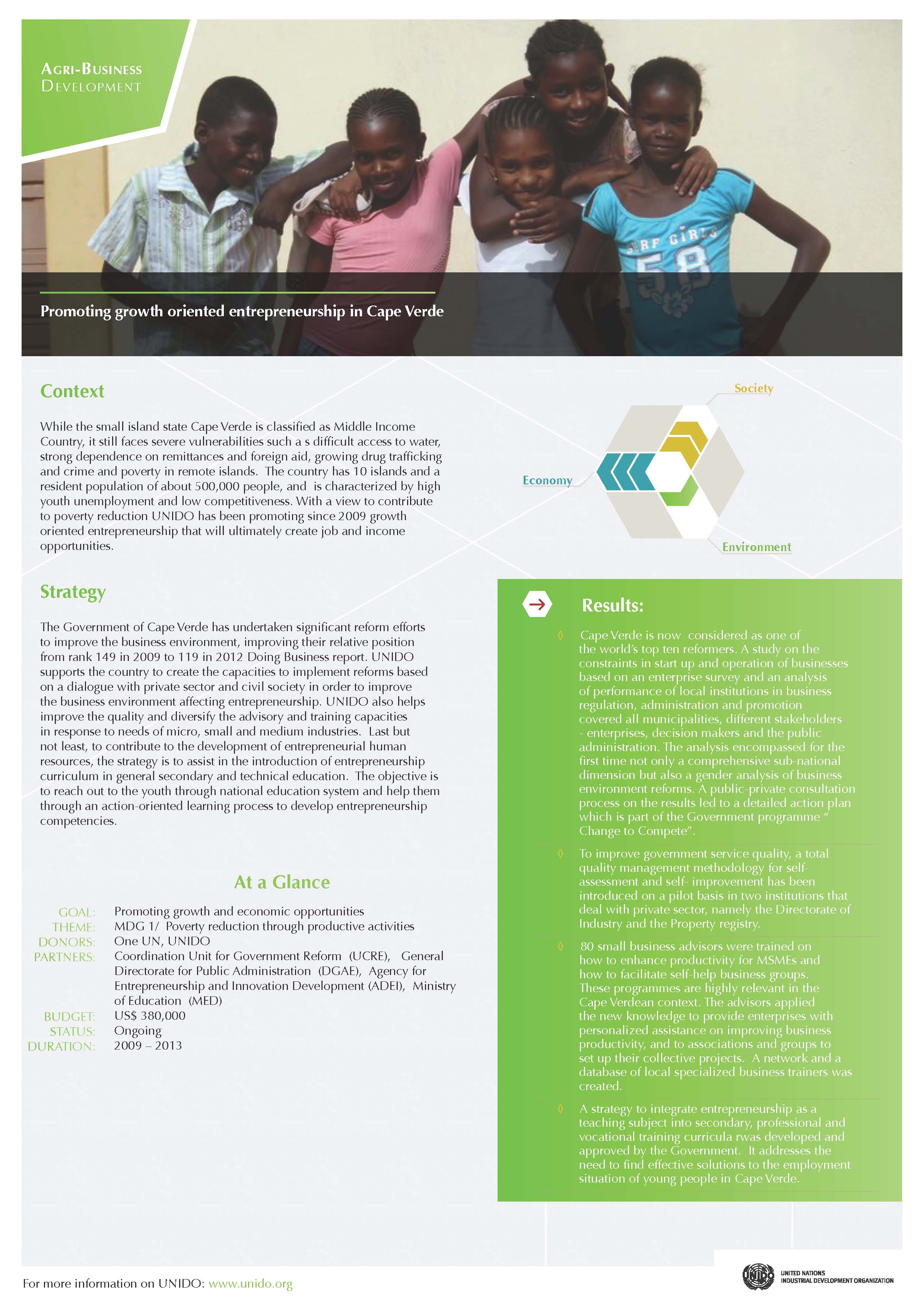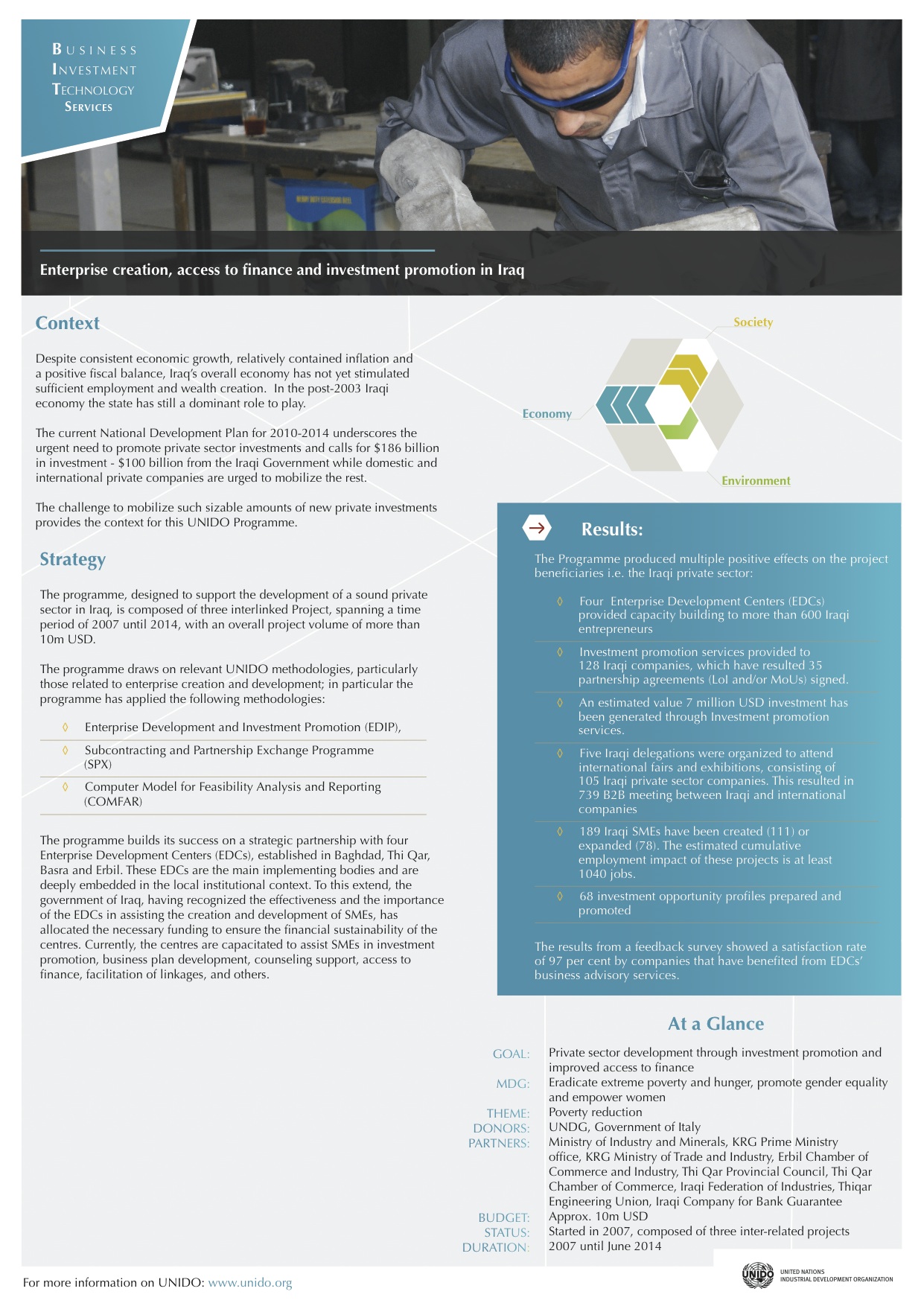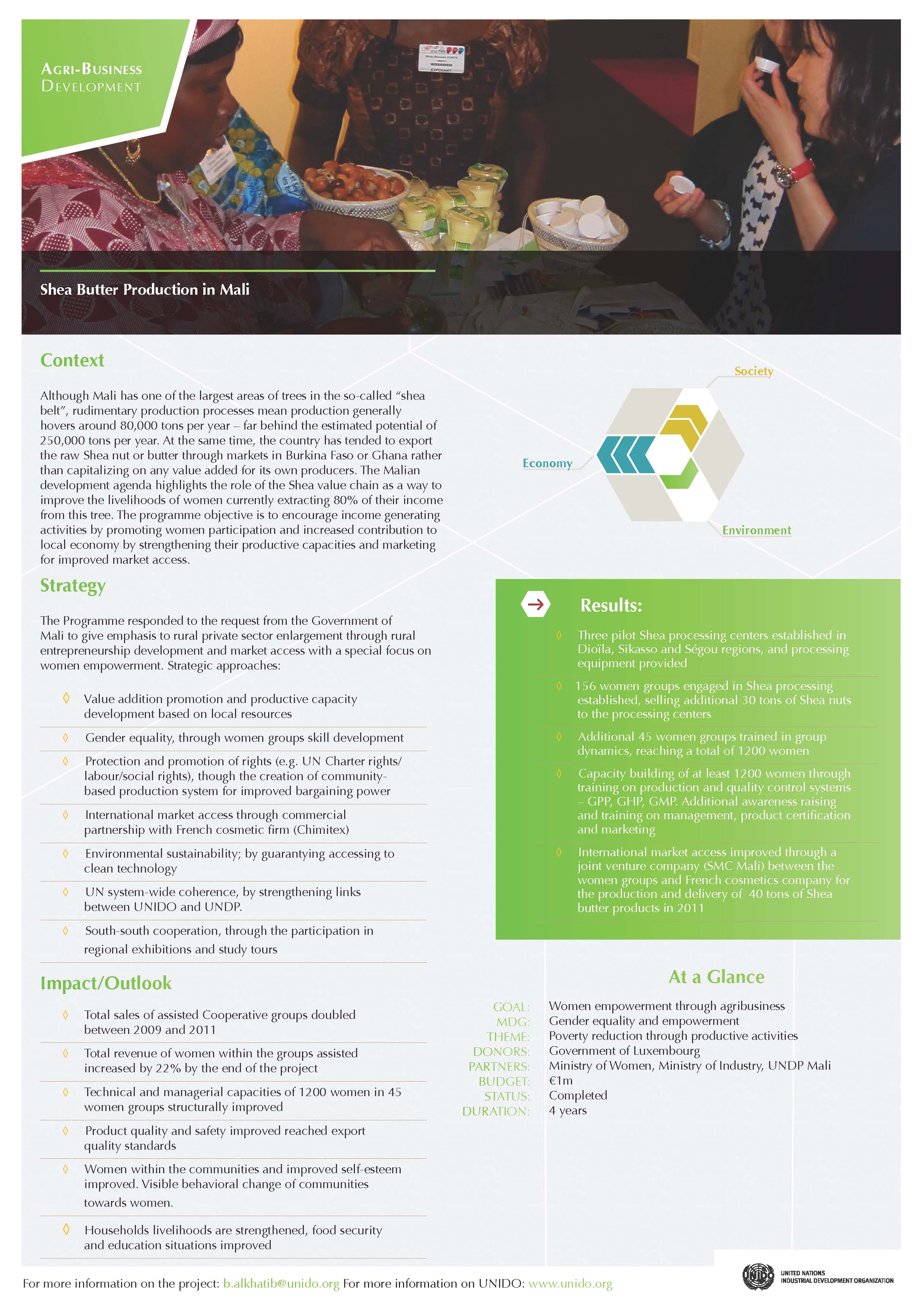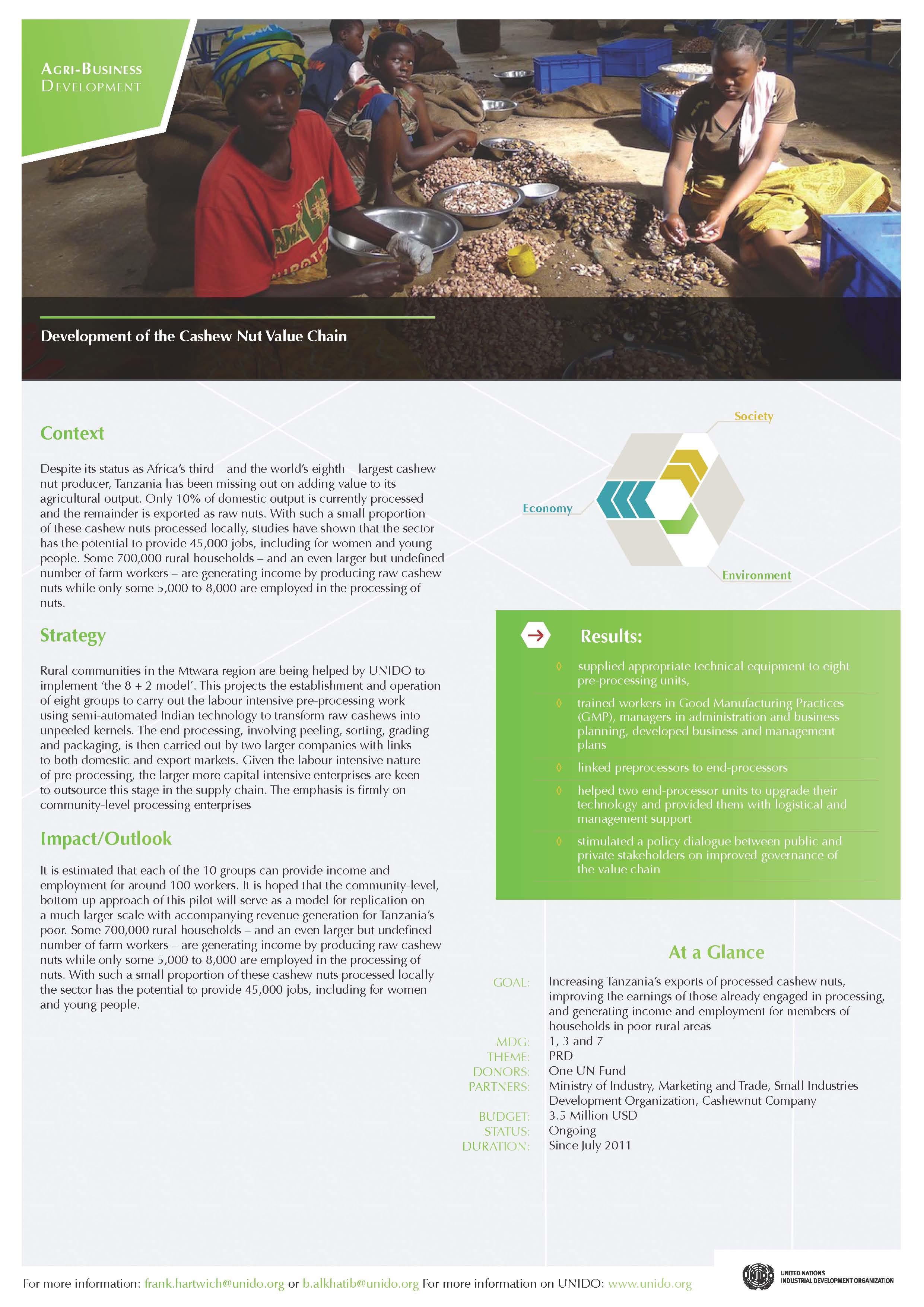Angola - Supporting the Next Generation of Entrepreneurs
In 2010, Chevron contributed funding of $1,000,000 to a partnership initiative to introduce entrepreneurship as a subject in secondary schools in Angola. Supporting the Government of Angola's education reform endeavors, the Entrepreneurship Curriculum Programme aims to develop entrepreneurship skills among young people.
Cape Verde - Promoting growth oriented entrepreneurship
While the small island state Cape Verde is classified as Middle Income Country, it still faces severe vulnerabilities such a s difficult access to water, strong dependence on remittances and foreign aid, growing drug trafficking and crime and poverty in remote islands. The country has 10 islands and a resident population of about 500,000 people, and is characterized by high youth unemployment and low competitiveness.
Iraq - Enterprise creation, access to finance and investment promotion
The programme, designed to support the development of a sound private sector in Iraq, is composed of three interlinked Project, spanning a time period of 2007 until 2014, with an overall project volume of more than 10m USD.
Mali - Shea butter production
In a collaborative effort with the Ministry of Women, the Ministry of Industry and the United Nations Development Programme (UNDP), and with funding from UNIDO and the Government of Luxembourg, UNIDO initiated an entrepreneurship programme to improve the income opportunities of women in the shea sector whilst enhancing the competitiveness of small-scale shea butter producing groups managed by women. Focus is on the Dioila, Ségou and Sikasso regions.
Mozambique - Investing in a new generation
In 2007, with the support of UNIDO and funding from the Government of Norway, the Ministry of Education and Culture introduced the Entrepreneurship Curriculum Programme (ECP) in secondary and vocational schools throughout the country.
Tanzania - Development of the cashew nut value chain
Despite its status as Africa’s third – and the world’s eighth – largest cashew nut producer, Tanzania has been missing out on adding value to its agricultural output. Only 10% of domestic output is currently processed and the remainder is exported as raw nuts. With such a small proportion of these cashew nuts processed locally, studies have shown that the sector has the potential to provide 45,000 jobs, including for women and young people.





